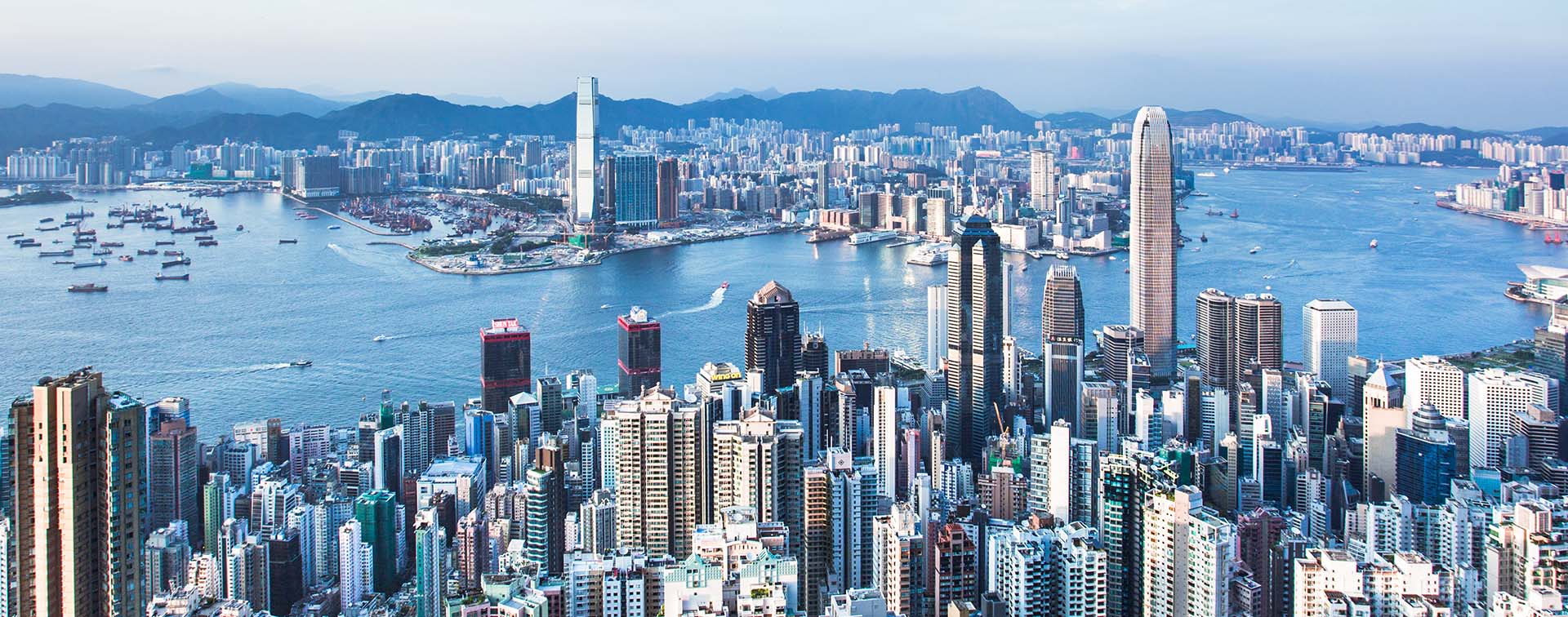
Denise Ng is the Director of Henley & Partners Hong Kong and Head of North Asia.
After a long three years, Hong Kong (SAR China) finally lifted all its Covid-19 restrictions in March — the last city in the world to do so. The streets and public transportation are once again packed with people, in-person events have resumed, and business travelers and tourists are returning. The hosting of the HSBC World Sevens Rugby Series again in March and April marked a real turning point but the long-awaited end to the protracted lockdowns has fueled the desire in many wealthy families to secure other options abroad should the need to relocate arise in future.
After demand for alternative residence and citizenship decelerated in East Asia during the pandemic years of 2020 and 2021, requests started to flow in from the second half of 2022 onwards. Comparing year-on-year gains, the number of applications in 2022 recorded a 224% increase from 2021, and this demand continues to grow. In Q1 2023, applications from clients in East Asia were 210% higher and enquiries 72% higher compared to Q1 2022. The total number of enquiries in 2022 surpassed those in 2019, which was the peak year before Covid, by 15%.

There are many reasons why high-net-worth investors are keen acquire alternative residence, or citizenship. Some applicants are interested in accessing better education or improved living conditions for their children, while others are planning for retirement. There are those who wish to improve their mobility with greater visa-free access to key regions, or secure better access to healthcare, or enjoy greater political stability. Some investors are seeking employment opportunities, or to expand their business opportunities, or to diversify their wealth portfolio and mitigate risks. Having backup plans for the entire family is indeed important if we are to pass on a great legacy to future generations.
Before Covid, about a quarter of North Asian applicants applied for European residence or citizenship by investment, another quarter opted for Caribbean programs, and the remaining half applied for programs in Asia. However, Covid has shifted things, and now over 40% of applications are for European programs, 30% for Caribbean programs, applications for Asian programs have dropped to 20%. Portugal’s has long been the most sought-after program in Europe, followed by Malta. Antigua and Barbuda, Grenada, and St. Kitts and Nevis are the three most popular Caribbean programs. Many enquiries have been made about the Singapore Global Investor Program, and Hong Kong’s new Top Talent Pass Scheme has successfully attracted many applicants.
With the imminent closure of Portugal’s Golden Resident Permit Program, clients are shifting to consider other options. Enquiries for the Greece Golden Visa Program, the Italy Residence by Investment Program, and the Spain Residence by Investment Program have grown substantially. In recent months, a few programs have changed their criteria for eligibility, increased their minimum required investment, or even closed. These changes have driven applicants to speed up the process, and many now consider applying for more than one program to suit their families’ unique requirements. Creating a portfolio of residence and citizenship options is the best possible investment to guarantee personal access rights to the world and future-proof wealth for future generations. Building sovereign diversity via investment migration empowers families with financial mobility, access to world-class education and healthcare, greater business opportunity, and ultimately, freedom in life.